Search
Search Results

Definition
Epictetus
Epictetus (l.c. 50 - c. 130 CE) was a Stoic philosopher best known for his works The Enchiridion (the handbook) and his Discourses, both foundational works in Stoic philosophy and both thought to have been written down from his teachings...

Definition
Michel Foucault
Michel Foucault (1926-1984) was a post-modernist French philosopher and is considered one of the most influential philosophers of modern times. Aside from his critiques of social institutions, his influence can be seen in both the humanities...
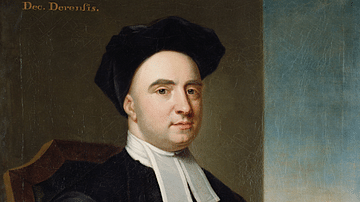
Definition
George Berkeley
George Berkeley (1685-1753) was an Anglo-Irish bishop and an empiricist and idealist philosopher. He infamously claimed that no matter exists outside of God and that things only exist outside of our minds and perceptions because God perceives...
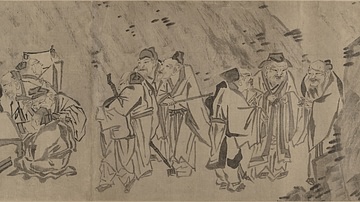
Definition
Teng Shih
Teng Shih (l. c. 500 BCE) was a Chinese Sophist and lawyer who lived and wrote in the province of Cheng (Pengcheng, modern-day Xuzhou, Jiangsu province) during the era of the Spring and Autumn Period (c. 772-476 BCE) which preceded the Warring...
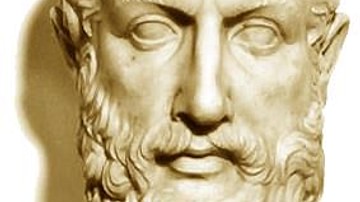
Definition
Parmenides
Parmenides (l.c. 485 BCE) of Elea was a Greek philosopher from the colony of Elea in southern Italy. He is considered among the most important of the Pre-Socratic philosophers who initiated philosophic inquiry in Greece beginning with Thales...

Definition
Brahma
Brahma is the Hindu creator god. He is also known as the Grandfather and as a later equivalent of Prajapati, the primeval first god. In early Hindu sources such as the Mahabharata, Brahma is supreme in the triad of great Hindu gods which...
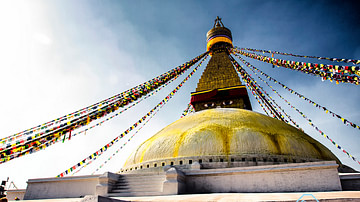
Definition
Stupa
A stupa (literally “heap” or “pile”) is a reliquary, a shrine containing the remains of a holy or sainted person and/or artifacts (relics) associated with them, originating in India prior to the 5th century BCE as tombs of holy men and evolving...
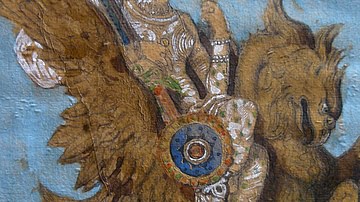
Definition
Chitrali Mythology
Chitrali mythology developed in the region of Chitral, the tallest portions of the Hindu Kush mountains, where the Chitrali people, at the juncture of South, Central, West, and East Asia, were exposed to many external cultural influences...
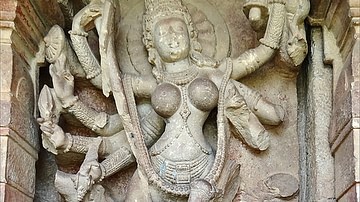
Definition
Devi
Devi, also known as Mahadevi or 'Great Goddess', is an all-embracing Mother Goddess first worshipped in India in Prehistoric times. In the Vedic period, she was assimilated into the Hindu pantheon and so came to represent the female energy...
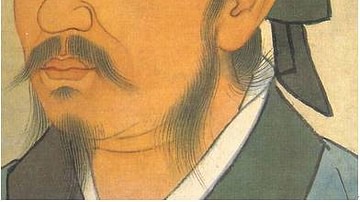
Definition
Xunzi
Xunzi (pronounced shund-zee, l. c. 310-c. 235 BCE) was a Confucian philosopher of the Warring States Period (c. 481-221 BCE) in China. He is also known as Hun Kuang, Hsun Tzu, Xun Tzu, and Xun Kuang. Xunxi translates as Master Xun and is...